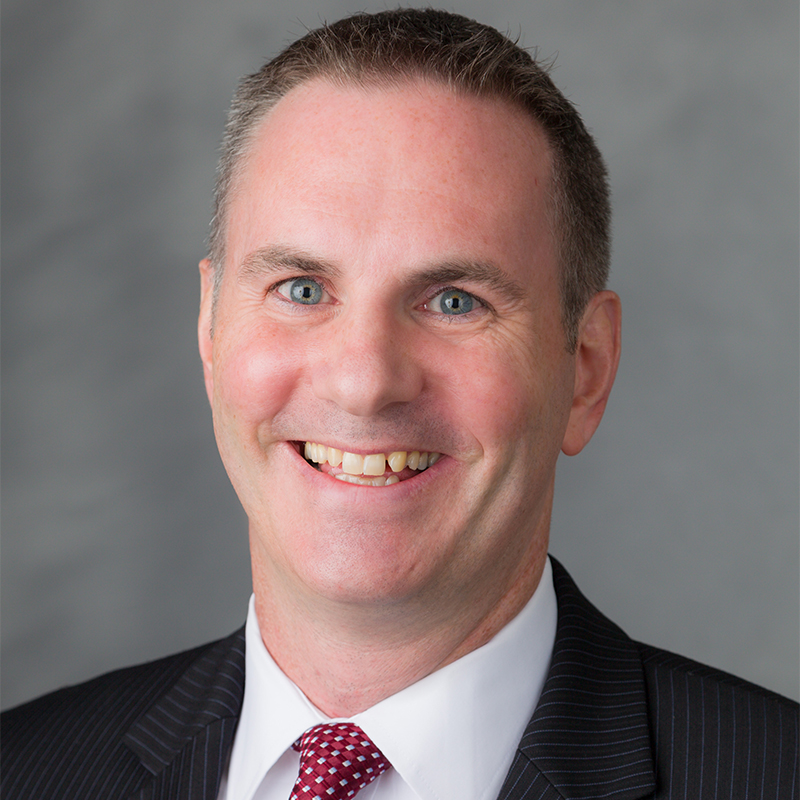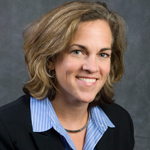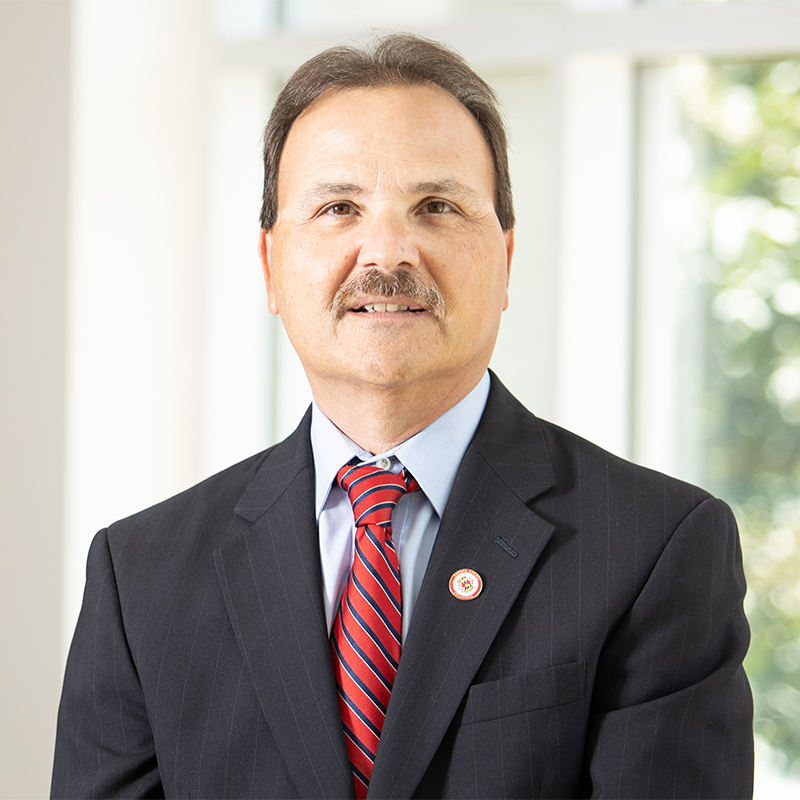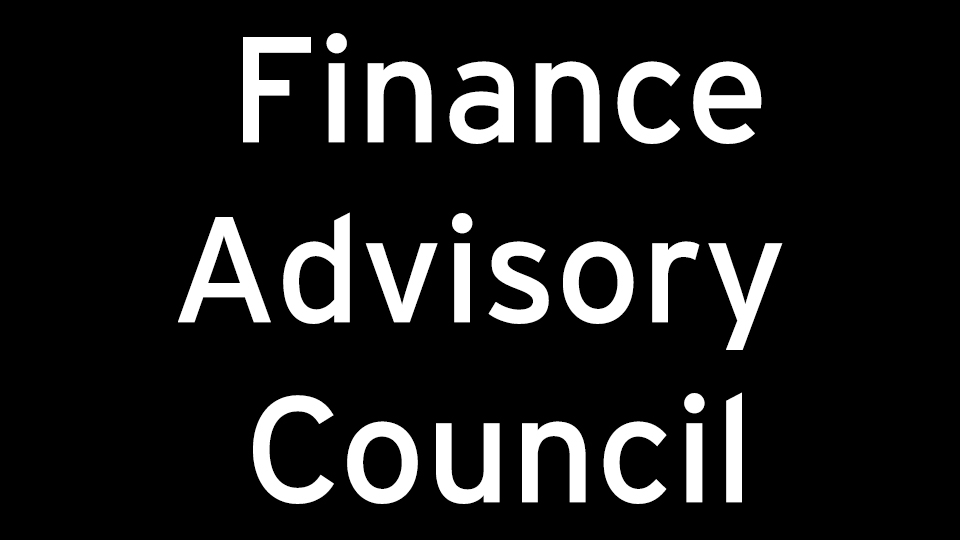Master of Quantitative Finance
Master of Quantitative Finance
Launch a Dynamic Career in Quantitative Finance
Full-Time, In-Person Program at UMD's College Park Campus
The Robert H. Smith School of Business Master of Quantitative Finance (MQF) program leverages AI in preparing you to enter the evolving financial services industry. In this program, you’ll gain specialized knowledge of financial markets and institutions while further developing your coding and machine learning skills. Our MQF students are methodical problem solvers who are highly proficient in mathematics, coding and other quantitative subject areas.

Master of Quantitative Finance at a Glance
Why Earn a Master of Quantitative Finance at Smith?
Smith’s STEM-designated MQF combines both foundational knowledge of financial markets with rigorous coding and quantitative skills. Learn to apply math, probability, applied finance and coding within the financial services industry to develop strategies, manage risk and respond to rapid market changes. These skills can lead to careers in specialized fields like portfolio or derivatives management, algorithmic trading and financial engineering.
Promising Career Opportunities
The Master's in Quantitative Finance program prepares you to excel in the most quantitative roles within financial institutions. As a quantitative finance professional, you'll leverage your advanced coding skills, mathematical expertise and financial engineering knowledge to develop investment and risk modeling frameworks that guide high-stakes trades and investments.
Take a look at all of the exciting directions your career with an MQF degree:
Potential Job Positions
Salary Data
*Sources: GMAC, Smith’s Office of Career Services 2023 reporting; U.S. Bureau of Labor Statistics, Occupational Information Network.
Data for 2023 graduates who reported their salaries to Smith's Office of Career Services. Please note these figures do not meet the 75 percent MBACSEA reporting threshold.
Businesses who have hired our Master of Quantitative Finance Grads
- ANT Financial
- BlackRock
- Capital One
- Citi
- Constellation Energy
- Freddie Mac
- HSBC
- Morgan Stanley
- PwC
- RiskSpan
- UBS
- Wells Fargo
Upcoming Master of Quantitative Finance Events
Which Business Master’s is the Right Program for Me?
8:30 AM EST
MS Drop-In Hours for In-Person Programs
8:30 AM EDT
MS Drop-In Hours for In-Person Programs
8:30 AM EDT
Learn Advanced Finance Skills for an AI Future
As an MQF student, you’ll lean into a wide range of concepts ideal for a career in asset management, risk management or corporate finance. You’ll put your quantitative skills to full use as you explore concepts and tools, such as:
Industry-Specific Tools and Skills:
- AI in finance
- Coding in Python
- Financial data analytics
- Financial programming
- Risk modeling
Key Topics:
- Computational finance
- Financial engineering
- Financial programming
- FinTech
- Institutional asset management
- Machine learning
- Numerical methods and simulation
- Portfolio management
- Quantitative investment
- Textual analysis
Learn Through Hands-On Experiences
Our faculty—pioneers of widely adopted methodologies—foster an innovative learning environment. In the classroom, prepare to refine your risk management skills by helping real companies solve their business challenges. Our MQF students participate in case competitions, collaborate with risk experts for AI financial analysis and even have the opportunity to manage a portion of UMD's Global Equity Fund. If you're naturally curious and enjoy tackling complex problems with math, this dynamic field offers both an intellectual challenge and career fulfillment.
When I first came to Smith, what stood out to me most was that the student-run clubs came together to make our experience better professionally and personally. Everyone looked out for us.
Poulami Ghosh, MQF ’21
Senior Associate at PwC

Available as a Plus 1 Program
If you’re a current University of Maryland freshman, sophomore or junior, you can pursue your Master of Quantitative Finance degree through the Plus 1 program. You'll save time and thousands of dollars on graduate tuition through this accelerated business master’s program.
Learn from Expert Faculty
Smith finance faculty are world-renowned both in academia and industry. They provide high-level Wall Street consulting, policy expertise to government and widely-used research and applications. In the classroom, you'll find them engaging and inspiring students, and they are committed to student success.

Academic Director
 Michael Cichello
Michael Cichello
Academic Director, Master of Finance & Master of Quantitative Finance Programs
mcichell@umd.edu
Faculty

Lecturer
kfuller5@umd.edu

Professor
sheston@rhsmith.umd.edu

Associate Professor
skozak@rhsmith.umd.edu

Senior Lecturer
skroncke@rhsmith.umd.edu

Distinguished University Professor
akyle@rhsmith.umd.edu

Associate Professor
mloewens@rhsmith.umd.edu

William E. Mayer Chair in Finance
vmaksimovic@rhsmith.umd.edu

Professor of the Practice
crossi@umd.edu

Professor
unal@umd.edu

Paul J. Cinquegrana ’63 Endowed Chair in Finance
wermers@umd.edu

Associate Professor
lyang1@umd.edu
Master of Quantitative Finance News

Boost Your Professional Skills
Smith’s Office of Career Services (OCS) can help you bridge the gap between being a student and an employed professional. You’ll have one-on-one access to a career coach who will provide you with personalized tips on how to articulate your strengths when interacting with your future employer. Your coach will guide you as you refine your job search strategy, developing tangible next steps together.

Connect With Your Classmates
You’ll have plenty of opportunities to make connections at Smith and engage in exciting social activities through the Smith Masters Student Association. You can join an accounting-related club or others that provide you with general connections and skills.

Finance Advisory Council
Advisory Councils keep us actively engaged with industry leaders and experts, who bring their real-world experience to help shape what students learn, match classroom lessons to real-world needs, and widen the pipeline for internship and job opportunities.

Contact Us
Business Master's Office
2303 Van Munching Hall
College Park, Maryland 20742-1815
Phone: 301-405-2559
E-mail: SmithMasters@umd.edu
Hours: 8:30 a.m. to 4:30 p.m. Monday-Friday
Questions? Contact the MBA & Business Master's Admissions Office at 301-405-2559 or SmithMasters@umd.edu.
